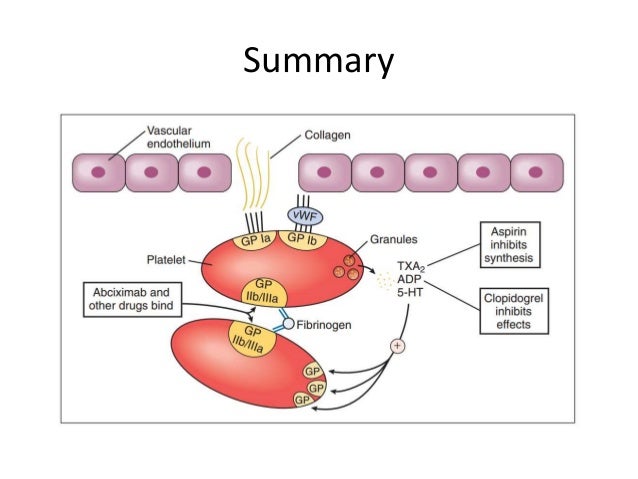
Reactions have included angioedema, urticaria, acute bronchospasm or wheezing, and anaphylactic shock.

Intravenous administration of protamine has been associated with serious hypersensitivity reactions or anaphylaxis, including fatal reactions. Systemic hypertension, back pain, nausea, vomiting, and fatigue (reported as lassitude) also have occurred during therapy with protamine. These adverse reactions have been potentiated by rapid infusion of protamine and can be minimized by adherence to recommended dosing guidelines.

Severe hypotension, sinus bradycardia, pulmonary hypertension, flushing, dyspnea, and rash have been reported following protamine administration. Protamine has exhibited incompatibilities with certain antibiotics, including some penicillins and cephalosporins. Do not administer with other medications without ensuring compatibility. If diluted, the product must be used immediately as it does not contain preservatives. Dilution is not recommended however if desired, the product may be added to 5% Dextrose in Water or 0.9% Sodium Chloride for Injection. High doses and rapid administration may result in severe hypotension, cardiovascular collapse, pulmonary edema, pulmonary vasoconstriction, and pulmonary hypertension. The administration rate MUST NOT exceed 50 mg over a 10 minute period. Administer protamine 10 mg/mL solution undiluted via slow intravenous injection. Visually inspect parenteral products for particulate matter and discoloration prior to administration. Ensure ready access to vasopressors and resuscitation equipment in cases of severe reaction. High doses and rapid administration may result in severe hypotension, cardiovascular collapse, pulmonary edema, pulmonary vasoconstriction, and pulmonary hypertension.įor storage information, see the specific product information within the How Supplied section. Protamine must be administered via slow intravenous injection at a rate not to exceed 50 mg over a 10 minute period. Dosage is guided by blood coagulation studies, with each mg of protamine sulfate neutralizing not less than 100 USP heparin units.

Clinically, protamine is indicated for heparin overdose and is commonly used to neutralize heparin during extracorporeal circulation following dialysis, and arterial or cardiac surgery. Protamine sulfate, a protein derived from fish sperm, is a chemical antagonist of heparin.


 0 kommentar(er)
0 kommentar(er)
